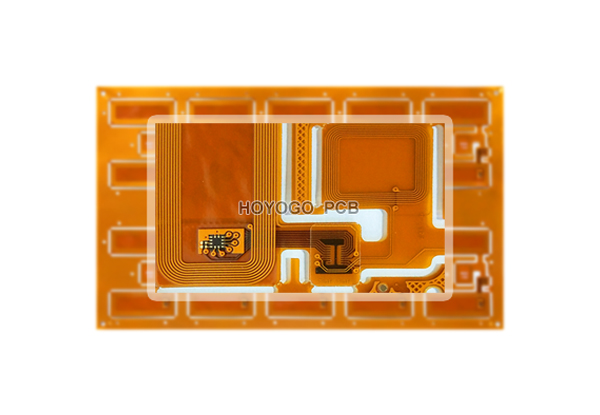4 Advantages of Flexible PCB
Nowadays, various electronic devices are becoming more and more important in our daily lives. All kinds of electronic products need to use circuit boards, so the types of circuit boards are also diverse. Most of these devices will use flexible PCB, if without it, many electronic devices will not work properly.

Different type of PCB have their own advantages. As one of the most common circuit boards, flexible PCB has the following main advantages:
1. Flexibility
Elasticity and bending ability are the main advantages of flexible PCBs, they can be manipulated in various ways to fit the folds and creases of the edges. The flexibility of this circuit board also means that it is more reliable and durable than ordinary PCBs, it can also reduce the impact of vibration, and there are few wiring on the circuit board. Minimal wiring eliminates the needs for interface connections such as solder joints, contact crimping and connectors.
2. Reduce weight and space
Compared with other solutions, flexible PCBs can not only provide greater design freedom, but also provide better space utilization and weight efficiency. Because the flexible PCB is thin and light, the weight and space can be greatly reduced. They can be folded in a smaller area to make the device smaller and more suitable for small devices, and can also be installed where rigid circuit boards cannot be installed.
3. Suitable for harsh environments
Flexible PCB can be made of various corrosion-resistant, waterproof, shock-proof and moisture-proof materials. The toughness and durability are also widely used in military and medical applications.
4. Better thermal management
The flexible PCB is made of polyimide, which has excellent thermal stability and can withstand extremely high heat. This also means that the improved heat dissipation performance makes the board a better basis for surface mounting and is less likely to undergo thermal expansion and contraction.
HOYOGO is a international, reliable FPC factory with we have 2 FPC factory production bases. Our production strictly follows the high-quality system and has passed ISO9001, ISO14001, ISO13485, TS16949 and C-UL-S certification. All products strictly follow the acceptance standards of IPC-A-600-H and IPC-6012.
评论
发表评论